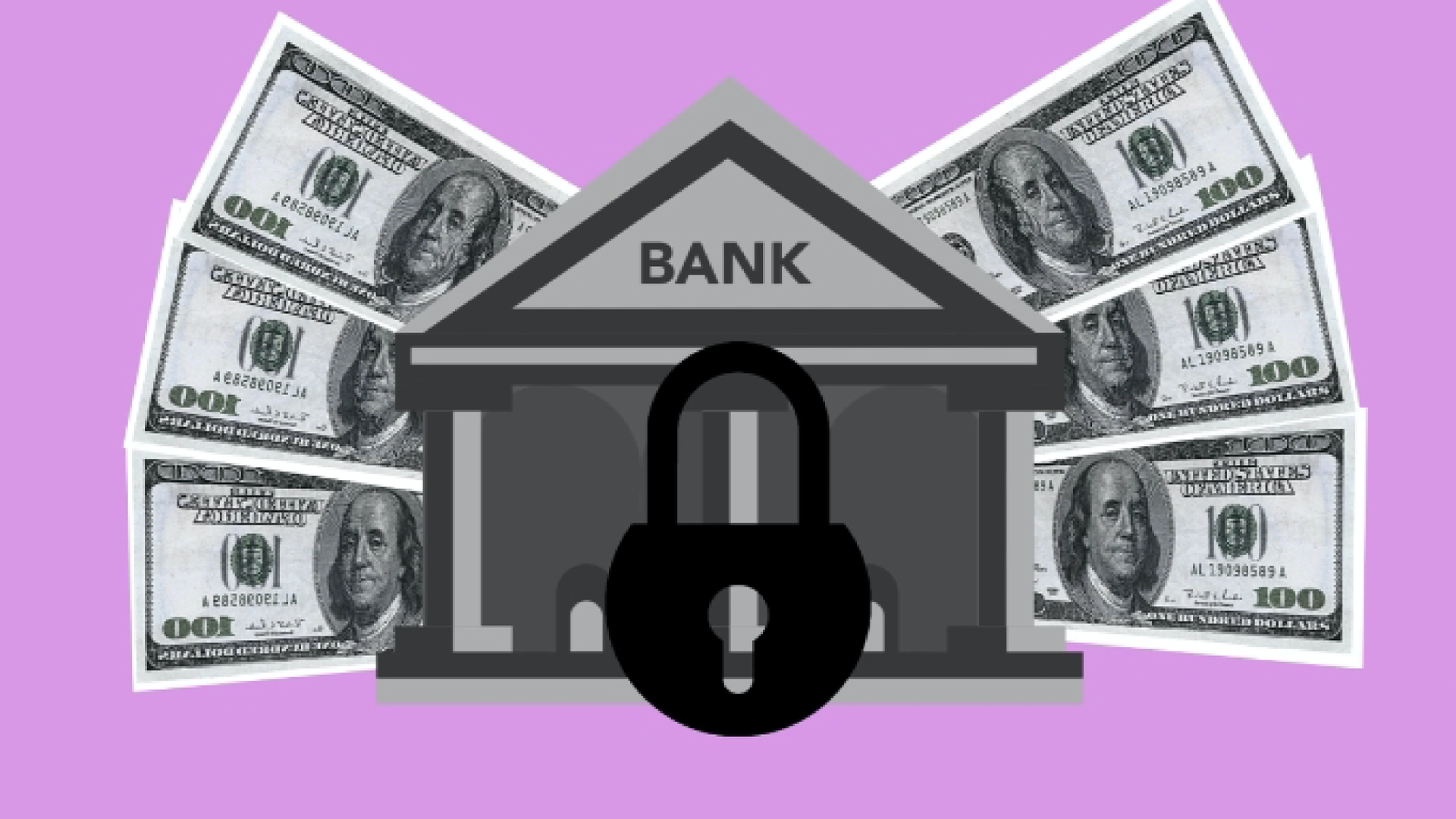We are reasonably aware of the current situation between Russia and Ukraine sanctions. In a world where technology dominates, tanks and missiles are over the top. For similar reasons, sanctions are being imposed on Russia. Let’s take a deeper look at the sanctions and how the world is trying to stop a large-scale war on its doorstep.
The European countries and the US are discussing banning oil imports from Russia. Russia is one of the most significant sources of natural resources for the Europeans, and to lift usability from that will pose a considerable risk and economic propaganda.
But the sanction imposed by one country to another is a fairly aggressive move for breaking international law. As everyone is praying for the war to stop, which is seemingly not happening at the moment, staying within the legal limits and posing sanctions seem like the right way to go from global leaders. Sanctions or financing prohibitions are idealistic solutions to hurt a country’s economy.
According to a post by BBC, the EU imports a quarter of its oil and 40 per cent of its gas directly from Russia. They are paying hundreds of millions each year to the country, and stopping the pipeline means stopping the whole infrastructure.
Natural resources such as oil and gas and other critical resources such as electricity and internet are the barebone of today’s world. On the other hand, Germany has held Russia’s Nord Stream 2 gas pipeline. Our other most talked about Russia’s “IT army” and tech lifts to impose sanctions digitally.
To our speculation, the sanctions are blowing holes in the Russian economy. We and the EU currently lead world powers to freeze Russian assets. The US secretary of state, Antony Blinken, said they are talking with allies to impose a more strict ban on Russian exports of cured oil. We’ve seen the roubles collapsing a few days back, hitting its all-time low along with Russian stocks.
The European Union, United States, United Kingdom and Canada banned Russian banks from SWIFT, considered the backbone of the international high-security payment network. It empowers over 11,000 financial institutions in 200 countries.
The Society for Worldwide Interbank Financial Telecommunication uses SWIFT enabled institutions to secure payments, kicked out Russia. Von der Leyen, in a statement, said, “we will stop Putin from using his war chest.”
Another notice came to our attention when the report said they would limit the “golden passports” scale used by wealthy Russians to gain citizenship to other countries. Such facilities are pretty standard for rich people to invest in the country in exchange for citizenship.
Switzerland, on the other hand, is adopting EU sanctions against Russia. Ignazio Cassis, President of Switzerland, said they are freezing Russian wealthy people’s assets “with immediate effect.” On Monday, Le Maire, French finance minister, said, “we are pursuing the compete for census of financial assets, real estate, yachts and luxury vehicles that would belong to Russian personalities under European sanctions.” On the other hand, Japan is aligning with the G-7 as Prime Minister Fumio Kishida said, “we will strengthen our sanction measures in close cooperation with the G-7 and the rest of the international community.”
Japan, Australia, New Zeeland, Taiwan, the US and the UK are governing in sanctions that align with each other’s to threaten the Russian economy. As Russian forces moved into the Ukrainian borders, bombing places with no military activity, further sanctions were taking place.
The neighbouring countries are coming forward with all the help possible within legal limits to stop this war before it worsens. A recent statement from President of Ukraine Volodymyr Zelenskyy said he wants to meet Putin and discuss negotiations and added: “he doesn’t bite.”

